African jewellery designers marrying heritage with sharp design codes
These African jewellery designers – from Pichulik to Dejak – are putting the continent’s jewellery industry in the spotlight
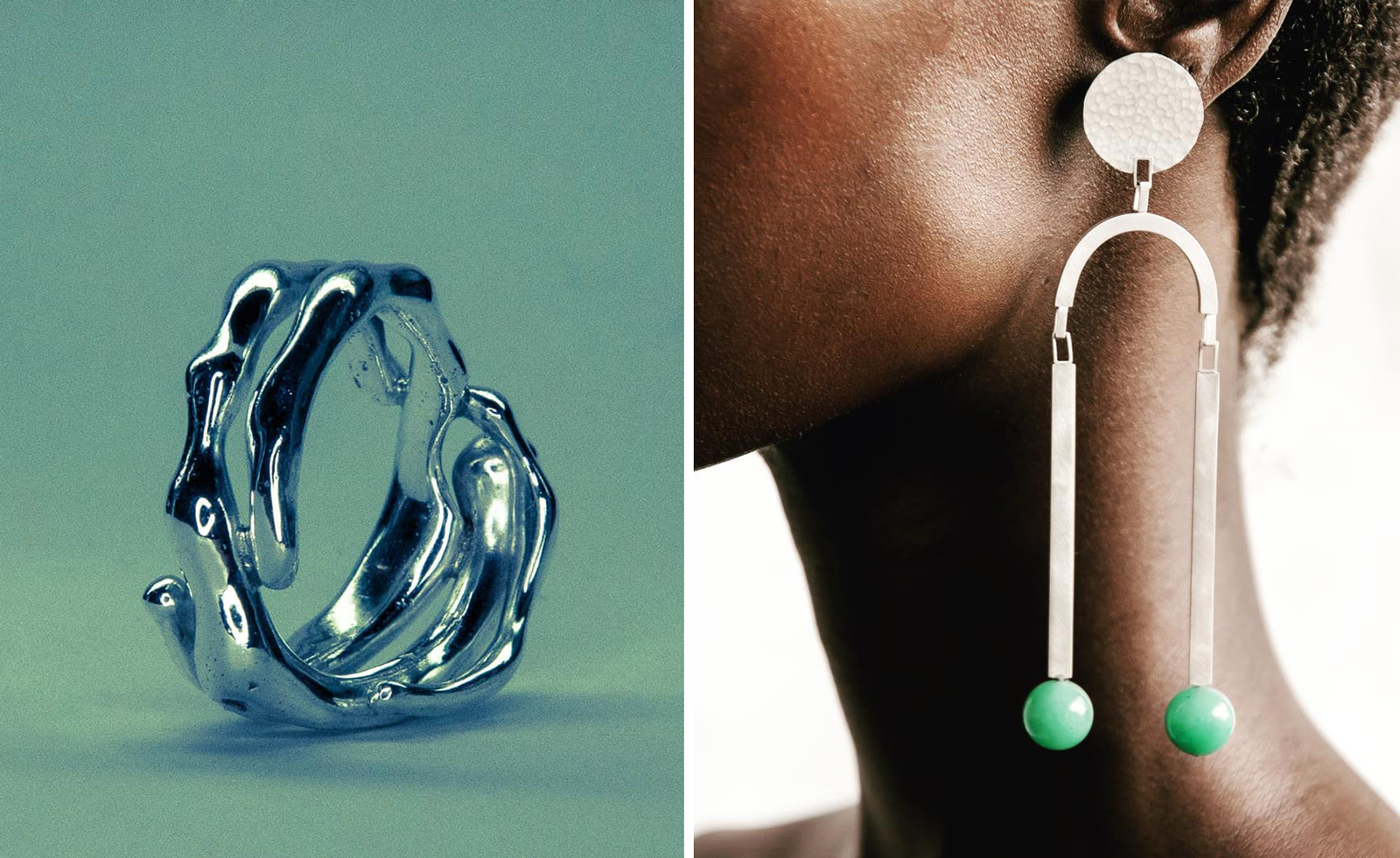
African jewellery designers are ensuring the local industry is alive and well. On a continent with so many raw materials and elements, and known for its export of gold and diamonds, the African jewellery market value is rising. It is thanks to the increasing interest in and appreciation of Africa’s locally produced luxury items, but also to several industry players who are continuously on their game, trying to get the market moving – and this is especially true of the jewellery designers.
Four African jewellery designers and their brands
Katherine-Mary Pichulik
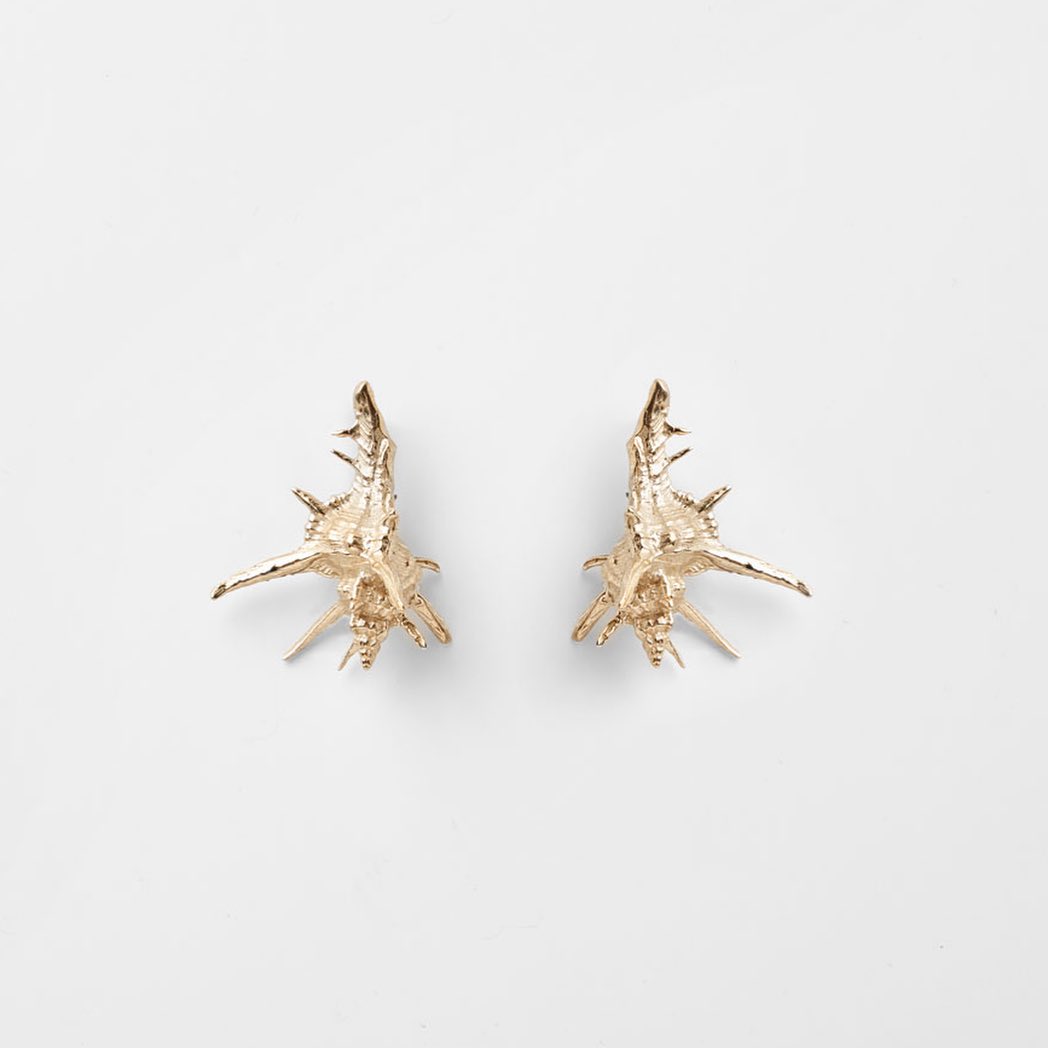
For Katherine-Mary Pichulik, jewellery design felt like a significant purpose, especially considering her background in fine art and past as a pastry chef and organic farmer between London, Spain and India. Pichulik credits her mother and the ‘big jewellery’ aesthetic of the 1980s as her biggest inspirations. She started her eponymous brand in 2013 as a hobby, and has since become a respected player in the South African fashion and jewellery space.
The Pichulik brand is an ethical one, cherishing ancient and contemporary cultures within Africa to create spectacular designs that are intricate, symbolic and creative. But the brand's biggest interest is in the elevation of the feminine and the empowerment of women; it wants each woman to feel powerful, with each piece created to perfect the female gaze and build elegance.
With almost all materials locally sourced within sub-Saharan Africa, each Pichulik collection is made with fine gems and inspired by interesting mythological or contemporary stories. The recent collection titled ‘Kemet’ (the Egyptian term for black soil) dives into redefining the darkest moment of our lives and how they shape our growth. ‘Kemet’ predominantly features round shapes and neutral colours.
Ami Doshi Shah
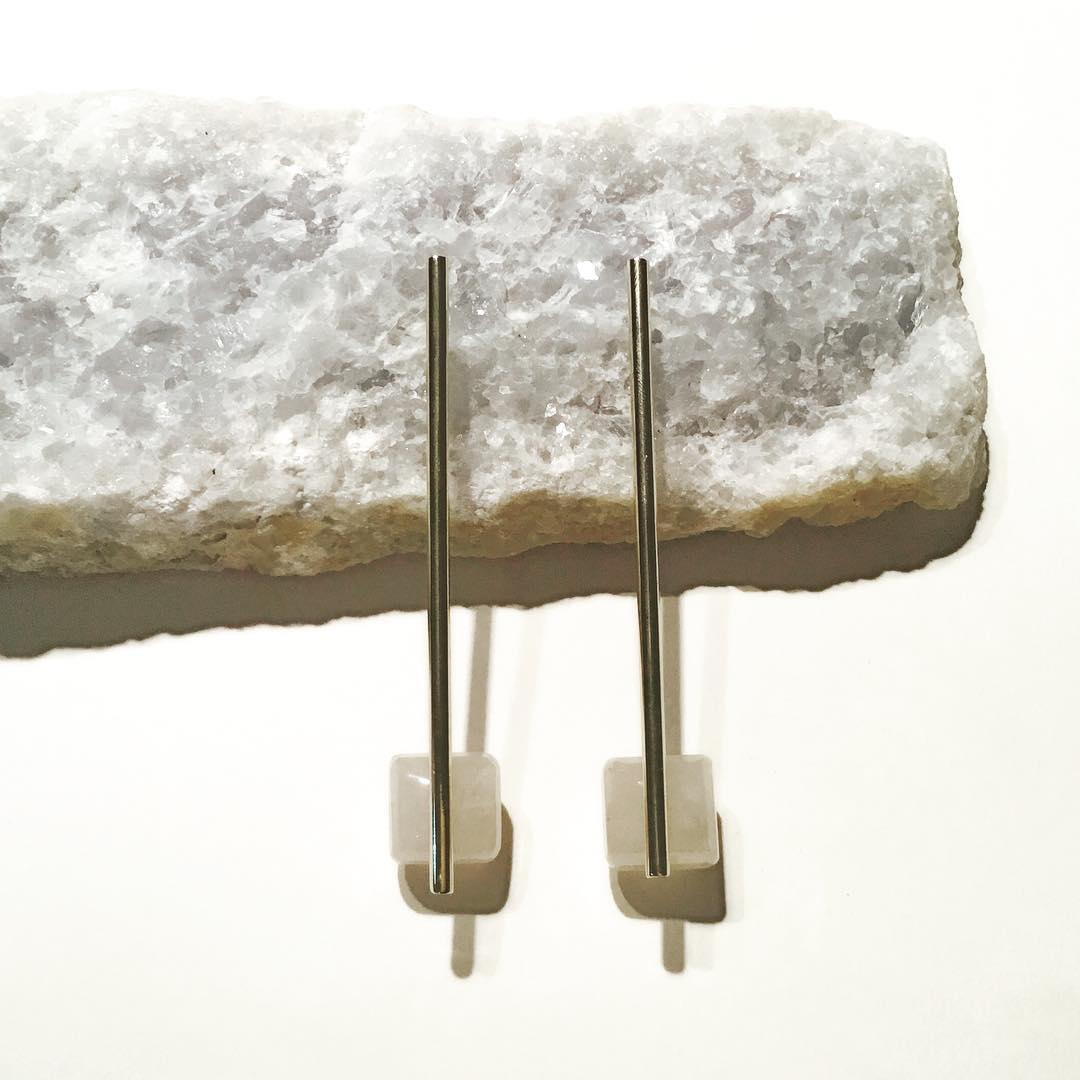
After training at the Birmingham School of Jewellery and working for 12 years in advertising between the UK and Kenya, Ami Doshi Shah started her eponymous jewellery brand in 2015. It focuses on the juxtaposition of textures, lines and form, and works with materials sourced in Kenya. The brand’s ethos embeds Kenyan stories into jewellery, something that Ami Doshi Shah says is very dear to the brand.
Shah’s jewellery is visually evocative, with a fluid play on shape, from bold oblongs to metallic prisms. The brand has produced collections including 2018’s ‘Closure’ and 2019’s ‘Salt of the Earth’, which analysed the concept of power using the talismanic properties of jewellery.
Brian Kivuti
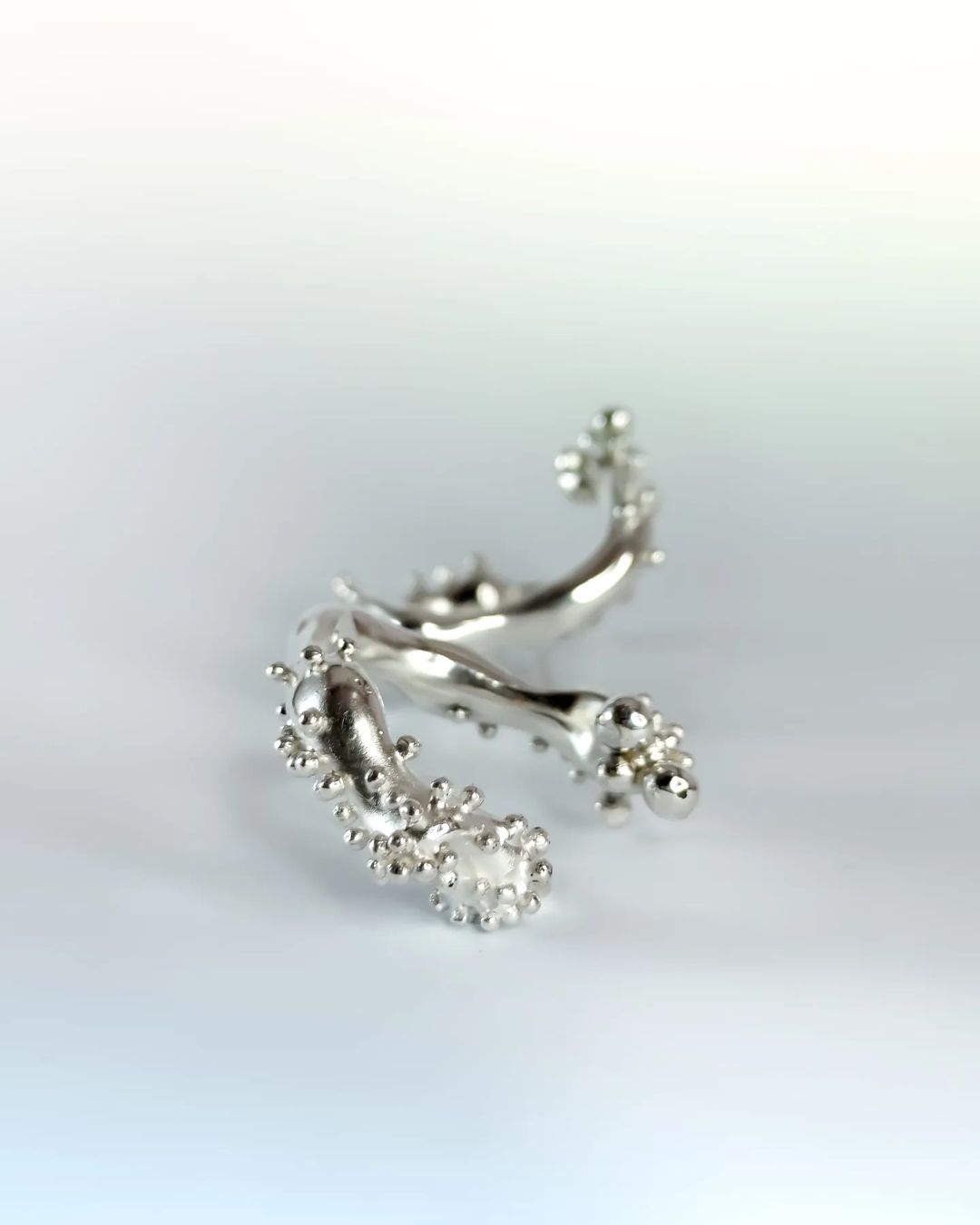
There is an artistic satisfaction in the pieces of Brian Kivuti, the Kenyan designer who describes his path into jewellery as a happenstance while he was studying at the University College of Creative Arts, UK. He combines jewellery design with photography and painting, which shaped his bespoke brand.
Receive our daily digest of inspiration, escapism and design stories from around the world direct to your inbox.
Kivuti lives on experimentation, whether in shape, form or materials, which pre-informs his brand and vision. Each piece of jewellery is reflective of the story Kivuti wants to tell, such as the fisherman bracelet or the ‘Sea Form’ collections, which take the shape of aquatic bodies.
The designer is also keen on collaboration. The ‘I.am.mountain’ design is a fine piece of silver shaped to reflect a clouded mountain, made in collaboration with Bubu Ogisi, the Nigerian fashion designer, for her collection ‘Chasing Evil’.
Adele Dejak
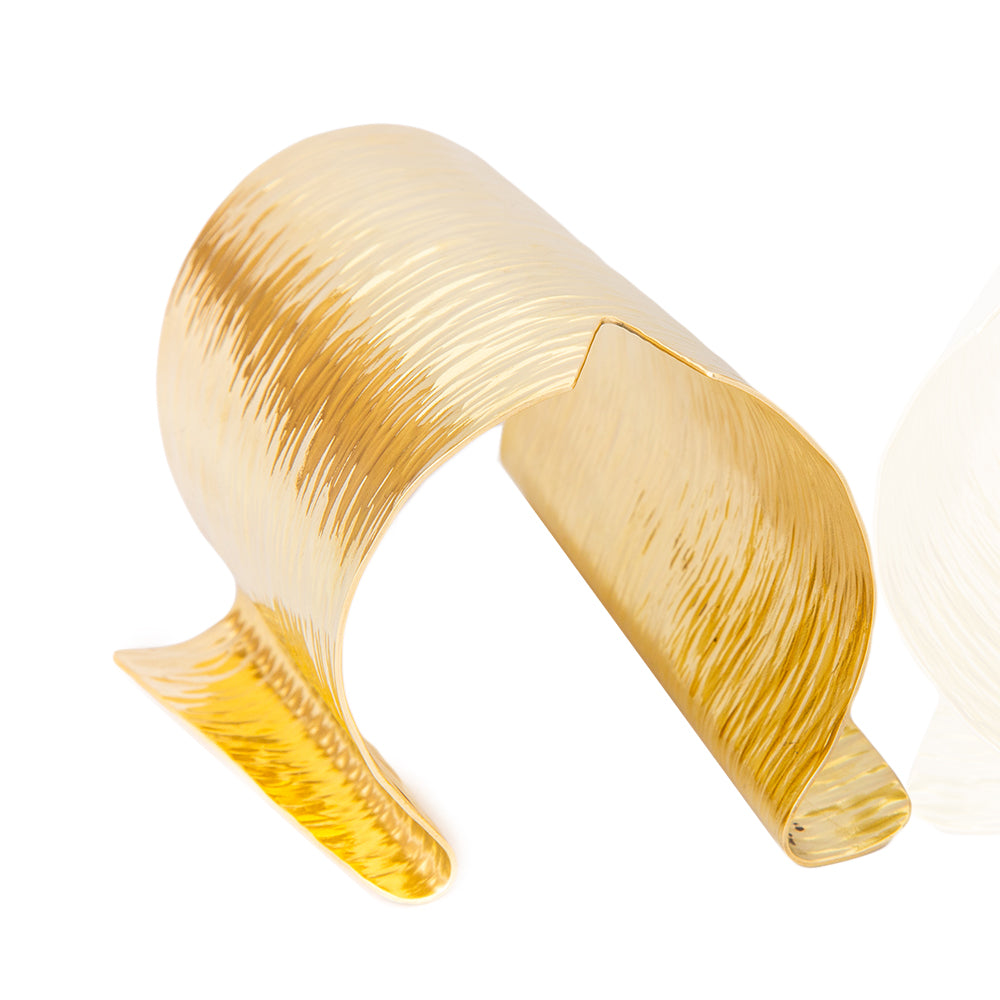
First impressions of Adele Dejak’s jewellery brand are of a vibrant Afro-centric concept; whether it’s capturing the cultural significance of a blessing in Swahili or reimagining century-old symbols and motifs, everything is expected to fit into the African narrative. Founded by Nigerian jewellery designer Adele Dejak, the brand is prominent in shaping Africa’s jewellery industry, with pieces worn by global stars including Beyonce.
Adele Dejak’s aesthetic encompasses minimalist black and white, juxtaposed with the vibrancy of bronze and gold, symbolising the wealth and glamour of the continent but also cherishing the essence of the feminine. The brand is driven by the narrative of diverse cultures and traditions across the continent. Its 2024 collection ‘Baraka’ focuses on the supremacy of women, nodding to stories of warrior women to create signature gold-bronze pieces.
Ugonna-Ora Owoh is a journalist and editor based in Lagos, Nigeria. He writes on arts, fashion, design, politics and contributes to Vogue, New York Times, Wallpaper, Wepresent, Interior Design, Foreign Policy and others.
-
 Serpentine Pavilion 2026 architects announced – and they put the 'serpent' in the 'Serpentine'
Serpentine Pavilion 2026 architects announced – and they put the 'serpent' in the 'Serpentine'LANZA atelier wins the Serpentine Pavilion 2026 commission; the Mexican studio creates the annual structure's newest iteration, titled 'a serpentine', and it features a curvilinear wall snaking across the site
-
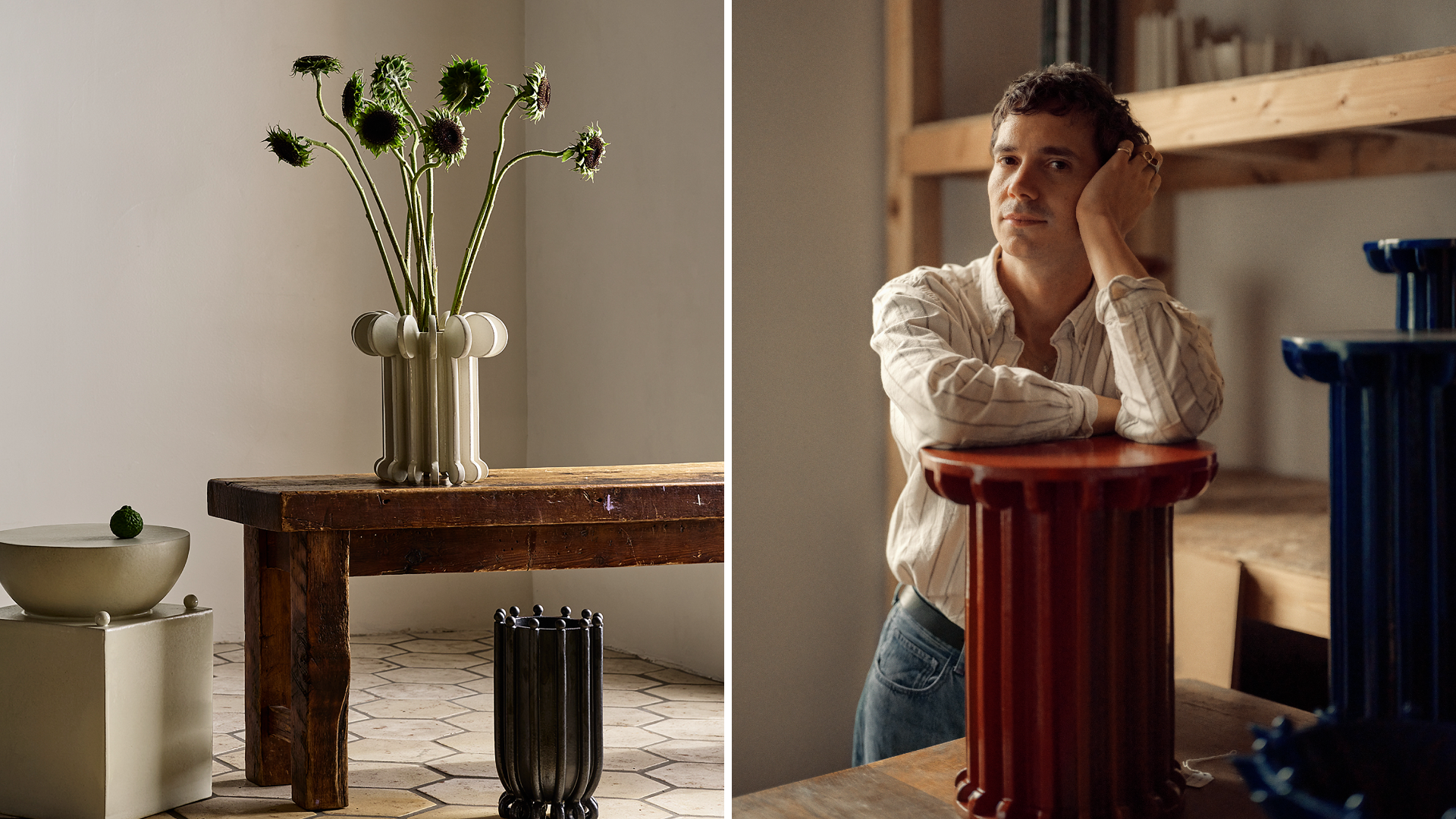 ‘Glazes are like people’: Devin Wilde launches new midcentury-inspired furniture and vessels for DWR
‘Glazes are like people’: Devin Wilde launches new midcentury-inspired furniture and vessels for DWRDesign Within Reach (DWR) introduces a new collection with ceramic artist Devin Wilde, featuring bold, handcrafted pieces that blend sculptural form with everyday function
-
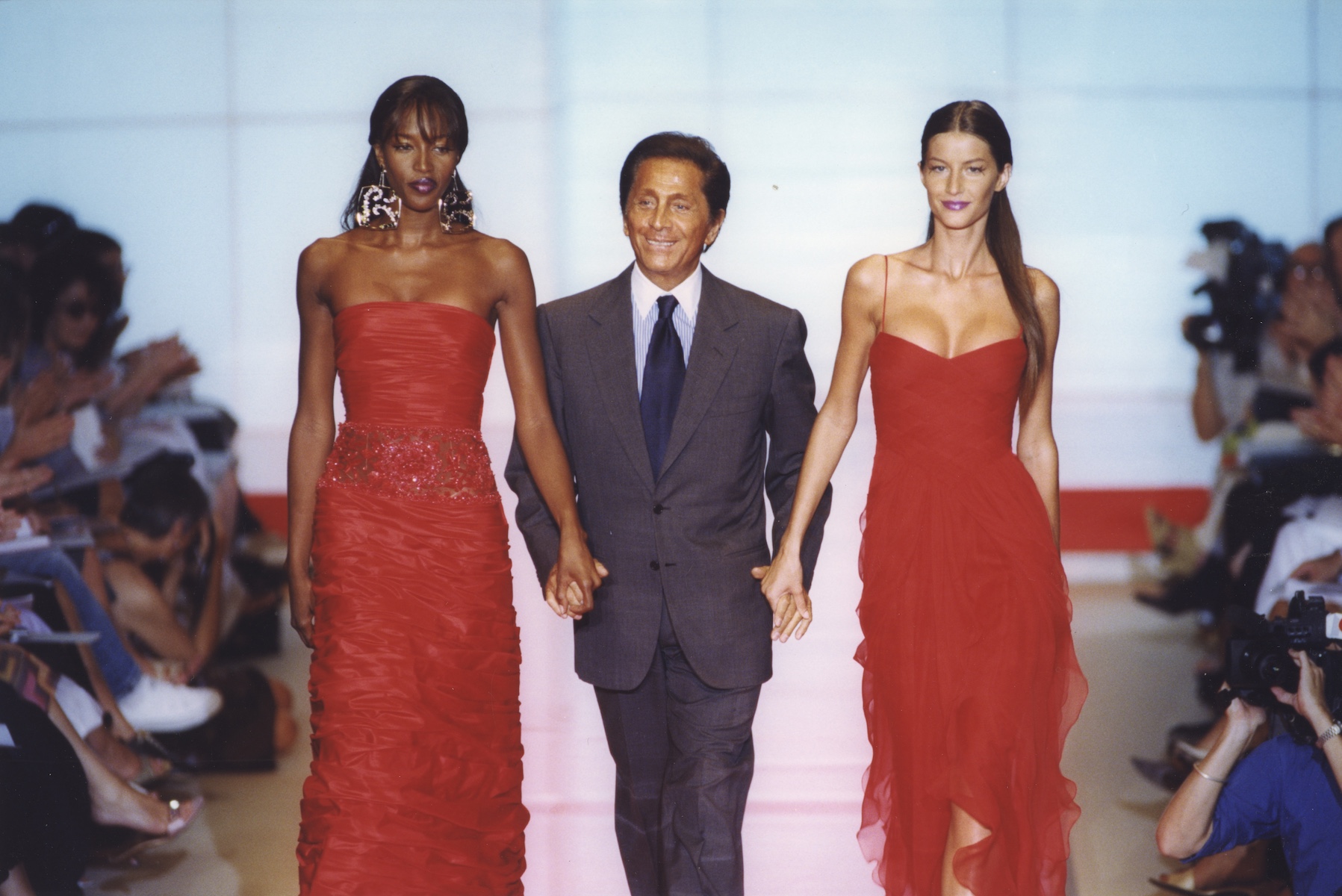 Remembering Valentino Garavani, master of Italian glamour (1932-2026)
Remembering Valentino Garavani, master of Italian glamour (1932-2026)‘The Last Emperor’ of fashion has passed away aged 93, it has been announced by his eponymous foundation today (19 January 2026). He will be remembered for his expressive vision of Roman glamour and cinematic muses